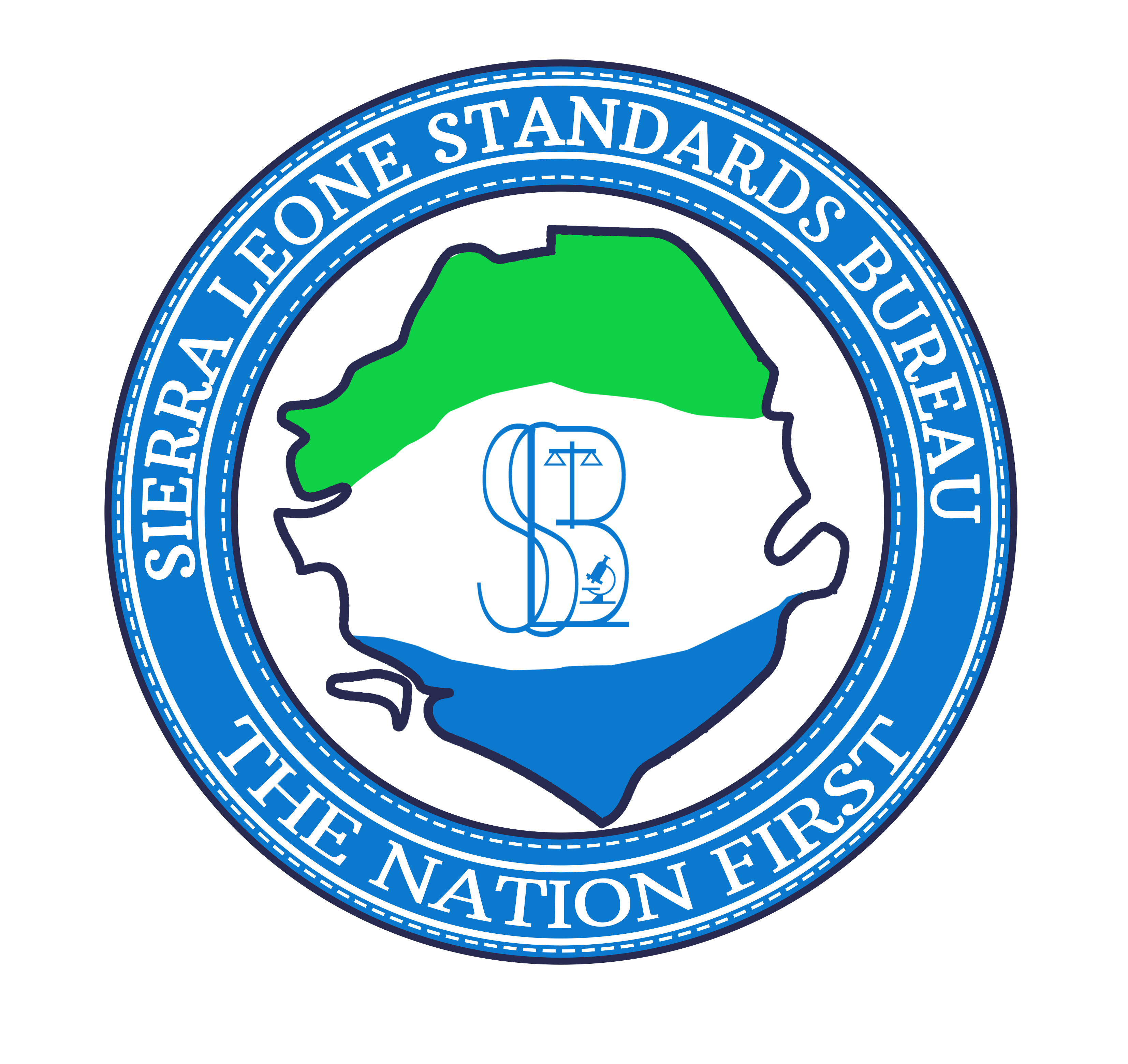METROLOGY DEPARTMENT
Metrology is the science of measurement. It includes all theoretical and practical aspects of measurement. Metrology should not be confused with meteorology (which is the study of the atmosphere, atmospheric phenomena, and atmospheric effects on our weather.) Metrology is about measurement. Metrology plays a role in our entire life. It is with us every step of the way because units and measurements are everywhere.
Metrology has three subfields that that all rely on the definition and realisation of internationally agreed units of measurement:
- Scientific Metrology
- Industrial Metrology (Calibration of Instruments)
- Legal Metrology
Depending on the purpose, a distinction can be made between scientific, industrial, and legal metrology.
Scientific metrology
Scientific metrology deals with measurement standards and methods at the highest national level of accuracy and reliability.It also covers the development of new measurement methods.It provides the scientific basis (reference) for legal and industrial metrology.
Legal metrology
Legal metrology is carried out on the basis of provisions and requirements in laws and technical regulations.
For instance, instruments used in commercial transactions such as petrol pump meters, food weighing machines, etc. must be verified (checked) in order to ensure they provide accurate measurements, and so the consumer is protected by legal metrology.
Industrial metrology
Industrial metrology checks measurement instruments that are used in production and product quality control processes for their accuracy and adequacy (calibration).
Calibration is a voluntary, commercial service to industry and public sector users.
The Sierra Leone Standards Bureau, as the National Metrology Institute of Sierra Leone was established under the Weights and Measures Act No. 5 of 2010 to unify metrological systems that contribute to technical harmonization and has benefited all economic actors and private citizens alike over the years. Much has been achieved, but obviously many challenges remain.
To be allowed to place their products on the market, manufacturers have to show evidence that their products do not contain toxic or hazardous substances which exceed the permissible limits. This falls under legal metrology.
The measurement of dimensions of product parts to make sure they can be properly assembled, is rather industrial metrology.
Imagine a world where you can be sure that measurement and testing results achieved under comparable conditions anywhere in the world are equivalent and reliable.
Costly re-measurements or re-assessments to assure that the meter used by your provider is comparable to the meter you are using to define the product specification would become unnecessary.
Discussions and legal disputes deriving from differences between the measurement systems used by the parties could be avoided and the general conditions for international trade would be greatly improved.


